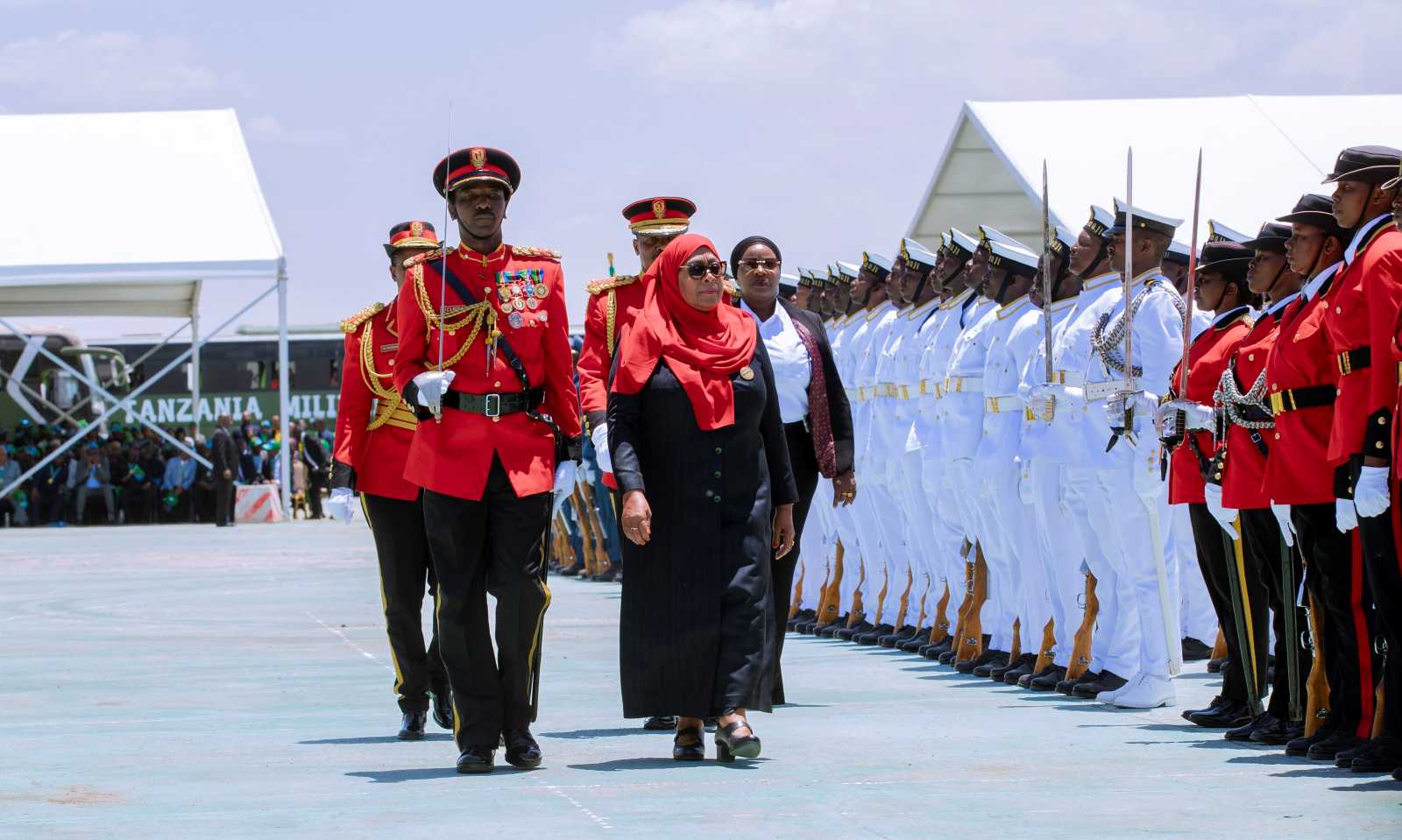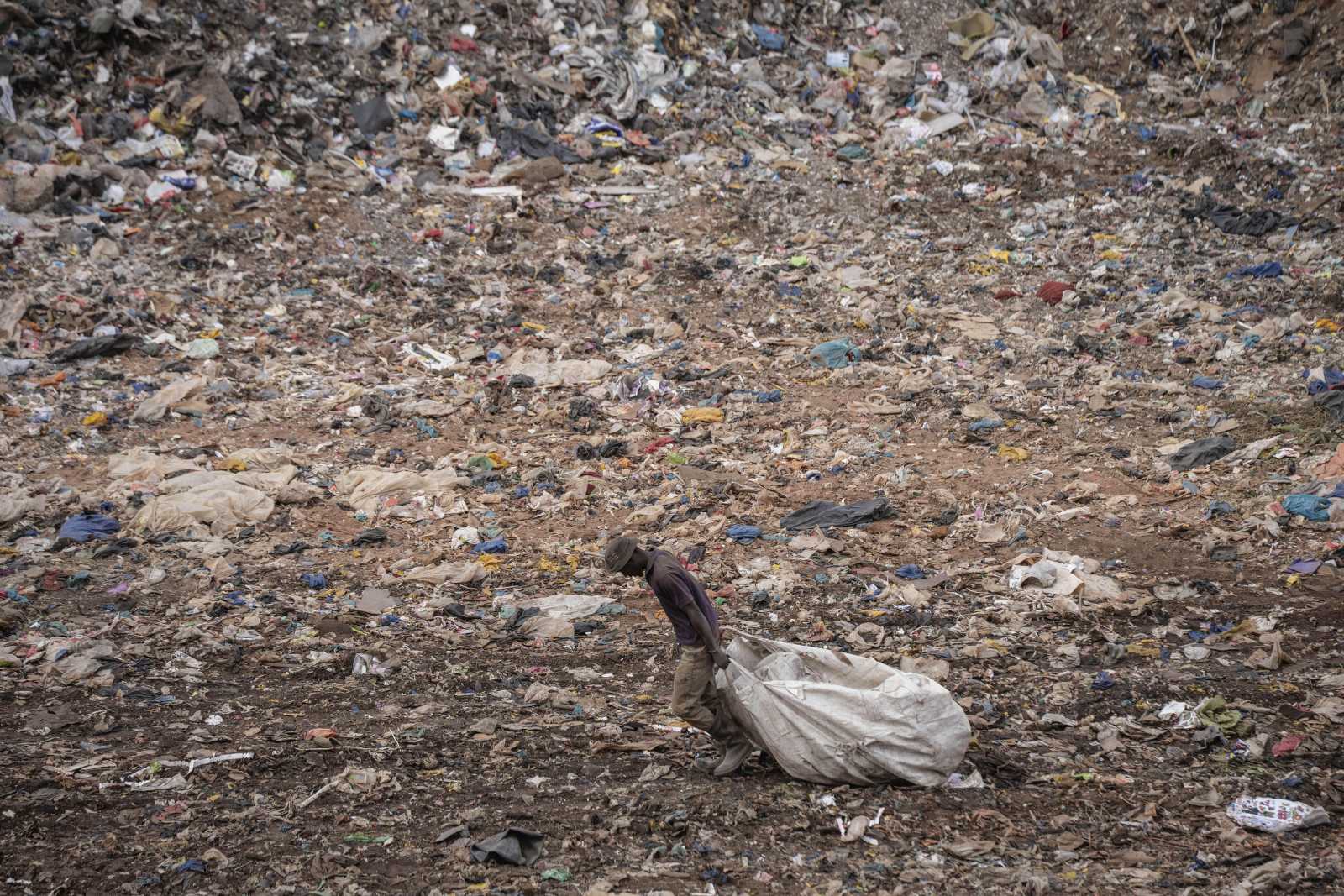Comment
Three months of statesmanship
By Nina Prasch
Unsurprisingly, Mursi’s own assessment was positive. He even mentioned fulfilment quotas for important goals, stating that the ratio for success in security was 70 %, for transport and traffic 60 % and for cleanliness 40 %. He delved into details, suggesting that he has an intimate understanding of simple peoples’ worries.
Opponents, however, consider his track record a total failure. According to Morsimeter.com, a website run by activists, only five of 64 goals have been met and 58 % of Egyptians do not approve of the head of state. In truth, the picture is mixed. Differing opinions are normal in a democracy. In Egypt, however, they reflect a serious ideological divide, and are not so much about tangible policy. The liberal-secular forces are prone to boycotting Mursi and argue they want to prevent the „Brotherhoodisation“ of the nation. Mursi, after all, was the Muslim Brothers candidate in the presidential election.
The liberal Wafd party did not send members to serve as ministers in Mursi’s cabinet. Many liberal members of the Constituent Assembly, moreover, have stayed away from this important body’s meetings for a long time.
The non-Islamist forces are in denial and simply do not accept that Islamists of various brands are, for now, Egypt’s legitimate majority, as all recent elections have proven. There is constant talk about how the Muslim Brothers manipulated voting and how they colluded with the Supreme Council of the Armed Forces (SCAF).
Mursi, however, is legitimately in office. He is the elected president. Liberal-secular parties would do well to cooperate on drafting the new constitution and help easing political and ideological tensions. Egypt needs pragmatic public discourse to tackle serious challenges. Boycotting the Constituent Assembly and denial of the political reality don’t help.
Unfortunately, the non-Islamists are currently busy marginalising themselves. This is a pity. They do not only have the task, but would even have a real chance to counter authoritarian tendencies. Mursi, on the other hand, will have to live up to his pledge of wanting to become the “president of all Egyptians”. So far, he isn’t.
His election in June was certainly the crucial turning point after the revolution. The SCAF did not succeed in its attempts to thwart his presidency beforehand. With courageous and decisive steps, Mursi fast reversed such action. For instance, he boldly and temporarily re-instated parliament. Later, he retired top military leaders, and thus gained full control of all presidential powers. Doing so without triggering a serious crisis was quite an achievement.
Mursi has also left his mark in foreign affairs. The first non-Arab capital he visited was not Washington, but Beijing. He won praise – in Egypt and abroad – for condemning the Syrian regime in no uncertain terms in his speech in Tehran.
Some western critics are upset because Mursi kept silent for 36 hours after violent protests started in front of the US Embassy in Cairo in September because of the propaganda film “The innocence of Muslims”. Some of the critics say that, even when he belatedly spoke up on the matter, his words remained too mild. They have a point. However, it would be wrong to conclude that Mursi is a radical Islamist himself who appreciates rioting.
The truth is that the Muslim Brothers’ face-off with Salafis and Jihadist forces has only begun. The formers’ Islamism is more pragmatic whereas the latters’ is fundamentalist. Recently, 14 radical Islamists were sentenced to death for attacking regular Egyptian Army troops in the Sinai region last year. Moreover, the Blasphemy law was recently applied for the first time since the revolution – to a Salafi militant who had burned a bible. These events indicate that Mursi is keeping his distance from the fundamentalists.
Mursi is no radical. In regard to Syria, for instance, he may yet prove an ally for western governments, but he certainly will not become their henchman.








